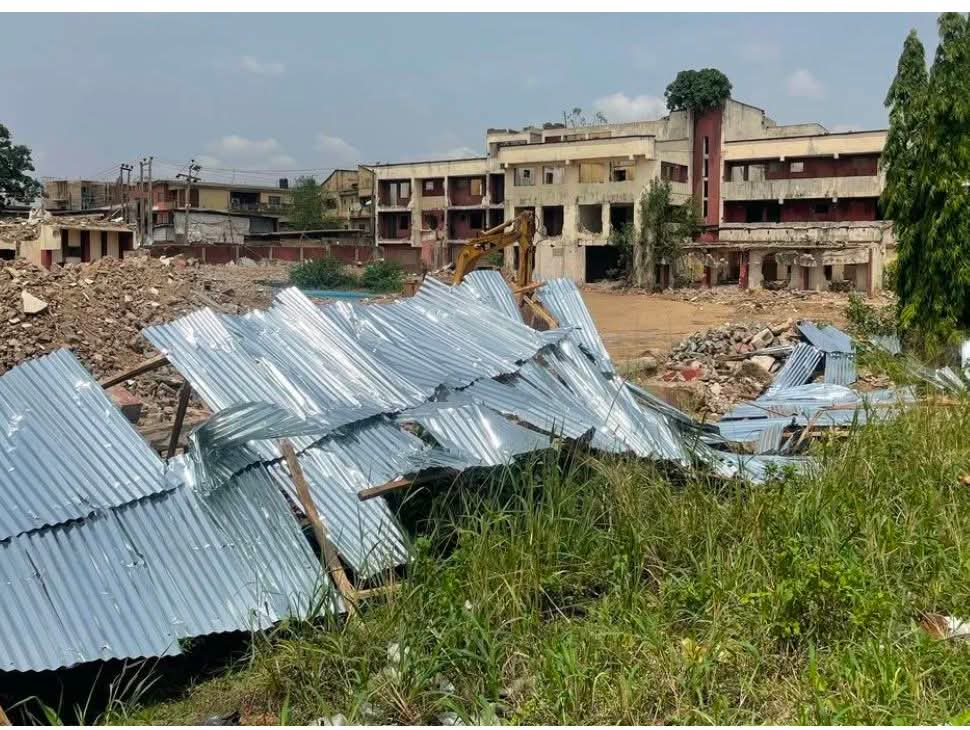It is no hype that the nation is contending with a concatenation of socio-economic challenges. Without mincing words, it has become a tough row to hoe fixing overnight the long-standing comatose economic situation under which a common man in perpetuity has been activated in a survival mode as he strives unabated to keep his head above the subsistence level of living.
The current deplorable state of the nation, in no small degree, has animated an avalanche of criticism that has greeted the proposed purchase of functional vehicles for members of the Green Chamber. Put simply, the media have been awash with hard punches and jibes thrown at the lawmakers by pundits and political analysts questioning the rationale behind the need for functional vehicles for members of the 10th National Assembly at the time Nigeria is struggling to breathe.
In order not to fall cheaply into the lure of hero-worshipping and sycophantic inclination, it is imperative at this juncture to ask the following pertinent questions:
i) Are such proposed functional vehicles to be procured out of the legislators’ insatiable crave for aplomb/luxury or with the sole aim of effectively discharging their legislative oversight functions?
ii) Besides their law-making functions, are the legislators saddled with other functions that require functional vehicles?
iii) Should the legislative arm of the Nigerian government be blackmailed and rail-roaded into shirking their responsibilities via denying them access to reliable and functional vehicles?
The questions can go on Ad Infinitum!
For accurate answers to be provided to the above questions, a better understanding of the concept of legislative oversight will be required to shine a spotlight on the rationale behind the National Assembly’s proposal to procure functional vehicles for its members.
The concept of legislative oversight owes its origins to Woodrow Wilson, an American president, who coined the concept and described it as the “duty of a representative body to look diligently into affairs of government and to talk much about what it sees. It is meant to be the eyes and the voice, and to embody the will and wisdom of its constituents.”
Legislative oversight is a tool used by the legislative to perform its role of checks and balances in a democracy and involves keeping an eye on the activities of government Ministries, Departments, and Agencies (MDAs) with the sole aim of informing the public as well as correcting the ills in governance.
An ‘oversight’ function can be performed ex-ante-(before/during) the design and implementation of a government-sponsored programme or policy as well as ex-post-(after) its implementation.
Therefore, it is not illogical to say that in the fast-paced world of legislation, functional vehicles play a crucial role in facilitating the work of legislators especially in the areas of their legislative oversight functions.
Functional and reliable vehicles will provide essential transportation that enables legislators to fulfill their duties effectively and efficiently.
It is a truism that the 10th National Assembly has imbibed useful lessons from the Ooni of Ife Oba Ogunwusi Enitan’s chastisement of the past Nigerian legislators who hibernated in Abuja all through their tenure of office rather than effectively discharged their legislative oversight functions and constantly kept in touch with their constituencies. He further challenged them to visit their abandoned constituencies for a week and see if their dissatisfied and disillusioned constituents would not vent anger on them.
The National Assembly under the leadership of Senate President Godswill Akpabio is more than ready to discharge its legislative oversight functions via keeping constantly in touch with Constituents. This is simply because it is of deep conviction that effective legislation requires legislators to be accessible to their constituents. Without sentiments, by having functional vehicles, legislators can easily attend public hearings, town hall meetings, and other community events, thereby fostering a closer relationship with the people they represent. This increased accessibility will also enable legislators to gather first-hand information about the needs and priorities of their constituents, allowing them to make informed policy decisions.
Contrary to the belief that the proposed vehicles are outrageously expensive, the cost-effectiveness in the long run is a comparative advantage over purchasing cheaper vehicles which may not be able to cope with the pressure of Nigerian bad roads which the current administration of President Bola Ahmed Tinubu is set to tackle headlong. While arrangements to fix these deplorable roads are in top gear, legislative oversight functions cannot be consigned to the shelf of opportunity cost. Both have to go on in an equal footing.
It is also remarkable that while the initial investment in purchasing functional vehicles may seem significant as Seun Okinbaloye and other analysts have posited, it can lead to long-term cost savings. By providing reliable vehicles, Nigeria can reduce the need for frequent repairs and maintenance, which can be costly in the case of older and cheaper vehicles. In addition to this, legislators will be able to travel more efficiently, reducing expenses associated with transportation reimbursements or rentals.
Moreover, functional vehicles enable legislators to attend legislative sessions, committee meetings, and other official engagements. It is worth noting that such events often take place in different locations, and it is crucial for legislators to be punctual and present. Having vehicles that are in good working condition will ensure that legislators arrive on time, participate actively, and contribute meaningfully to the legislative process.
Functional vehicles, no doubt, will provide legislators with mobile office space. Legislators often have a busy schedule, juggling multiple tasks and responsibilities. Having a vehicle equipped with the necessary amenities will allow them to make productive use of their travel time. They can review documents, prepare speeches, conduct research, and communicate with their staff or colleagues, all while on the move. This mobile office setup will not only enhance efficiency but also maximize legislators’ productivity.
Security wise, functional vehicles offer safety and security to legislators. In many cases, legislators may encounter challenging situations or face potential threats while performing their duties. Having a reliable and well-maintained vehicle ensures that legislators can travel safely, minimizing risks to their personal safety. This peace of mind allows them to focus on their legislative responsibilities without unnecessary distractions or concerns.
Succinctly put, the purchase of functional vehicles in no small measure will contribute to the overall image and professionalism of legislators. As public figures, legislators are expected to maintain a certain level of decorum and represent their constituents with dignity. By using functional vehicles, legislators will demonstrate their commitment to their roles and responsibilities. It sends a message to the public that they take their work seriously and are dedicated to serving the best interests of their constituents.
In conclusion, providing legislators with functional vehicles is of the utmost importance because solid vehicles will provide essential transportation, enable accessibility, facilitate punctuality, offer mobile office capabilities, ensure safety and security, as well as contribute to legislators’ overall professionalism. Without functional vehicles, legislators would face numerous challenges in fulfilling their duties effectively.
Therefore, it is crucial to recognize and appreciate the significance of these vehicles in supporting the legislative process and serving the public.





